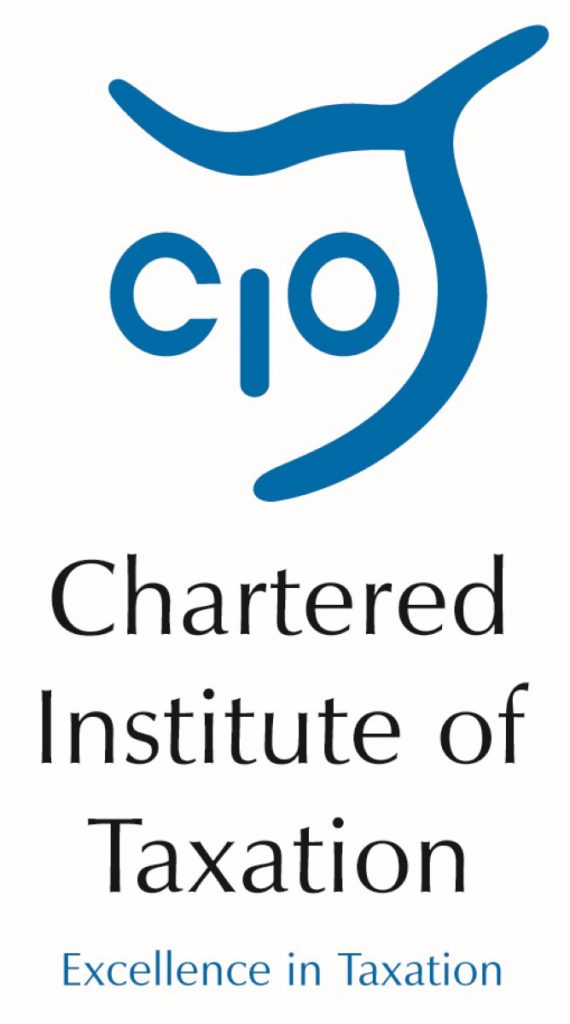The approach of Brexit should hasten efforts to create an economy in Northern Ireland that can better compete with remaining EU member states, especially the Republic of Ireland, by going beyond just cutting corporation tax, says the Chairman of the NI branch of the Chartered Institute of Taxation.
Speaking ahead of the branch’s annual dinner on Friday, Malachy McLernon said:
“The Prime Minister has said that ‘Brexit means Brexit’ and Northern Ireland now needs to work on the principle that Brexit is inevitable. This must sharpen minds and quicken moves among powerful decision makers in Northern Ireland to develop radical options for growth and international competitiveness, with a greater emphasis on the opportunities that Brexit may present. Many commentators have pointed out the scope for less red tape and regulations, a devalued pound making tourism more attractive and bringing benefits for exporters and we may see more mergers and acquisitions with more interest in Northern Ireland from overseas.“
PM Theresa May has offered to involve the Northern Ireland Executive in regular formal talks on the UK's exit from the European Union, through a new Joint Ministerial Committee on EU Negotiations JMC (EN).1
Malachy McLernon said:
“The message from our members and their clients is the need for certainty as soon as possible on what the UK Government has in mind on Brexit, especially on access or otherwise to the single market and potential trade barriers, not least because we share a land border with the Republic of Ireland.”
The Northern Ireland Executive has committed to setting a corporation rate of 12.5 per cent in April 2018, under the Corporation Tax (Northern Ireland) Act 2015. This will bring it level with the Republic of Ireland.2 McLernon has cautioned that Northern Ireland needs to offer far more than a reduced corporation tax rate to grow the economy through a Brexit and the next ten years.
Malachy McLernon added:
“A cut to corporation tax to make it competitive with the Republic of Ireland will help attract foreign direct investment and contribute to moving Northern Ireland from a public sector economy to a more dynamic and entrepreneurial one. While the cut in corporation tax is exciting, the North needs to offer more to witness the radical change that our members and their clients would like to see in the economy. There is widespread agreement that more can be done to drive down business costs, improve access to finance and more promotion of employment with a greater investment in skills education. A determined effort to streamline tax legislation and make it cheaper and easier to comply with, both with taxes devolved to Stormont and those that remain at Westminster, has an important part to play in this.
“The cut to corporation tax should not be a standalone tool disengaged from the needs of the rest of the economy.”
Notes for editors
1. Joint ministerial committee communiqué, October 2016
2. The Corporation Tax (Northern Ireland) Act 2015 allows for devolution of power to the Northern Ireland Assembly to set a Northern Ireland rate of corporation tax to apply to certain trading income.
There are two rates of Corporation Tax in the Republic of Ireland:
· 12.5% for trading income unless the income is from an excepted trade* in which case the rate is 25%
· 25% for non-trading income (e.g. investment income, rental income)
* Excepted trades include certain land dealing activities, income from working minerals and petroleum activities.
3. At Summer Budget 2015, the Government announced legislation setting the Corporation Tax main rate (for all profits except ring fence profits) at 19% for the years starting the 1 April 2017, 2018 and 2019 and at 18% for the year starting 1 April 2020. At Budget 2016, the Government announced a further reduction to the Corporation Tax main rate (for all profits except ring fence profits) for the year starting 1 April 2020, setting the rate at 17%.
4. The Chartered Institute of Taxation (CIOT)
The CIOT is the leading professional body in the United Kingdom concerned solely with taxation. The CIOT is an educational charity, promoting education and study of the administration and practice of taxation. One of our key aims is to work for a better, more efficient, tax system for all affected by it – taxpayers, their advisers and the authorities. The CIOT’s work covers all aspects of taxation, including direct and indirect taxes and duties. Through our Low Incomes Tax Reform Group (LITRG), the CIOT has a particular focus on improving the tax system, including tax credits and benefits, for the unrepresented taxpayer.
The CIOT draws on our members’ experience in private practice, commerce and industry, government and academia to improve tax administration and propose and explain how tax policy objectives can most effectively be achieved. We also link to, and draw on, similar leading professional tax bodies in other countries. The CIOT’s comments and recommendations on tax issues are made in line with our charitable objectives: we are politically neutral in our work.
The CIOT’s 17,600 members have the practising title of ‘Chartered Tax Adviser’ and the designatory letters ‘CTA’, to represent the leading tax qualification.
For interview opportunities contact Hamant Verma, External Relations Officer, 0207 340 2702 HVerma@ciot.org.uk (Out of hours contact: George Crozier, 07740 477 374)





-01.png)